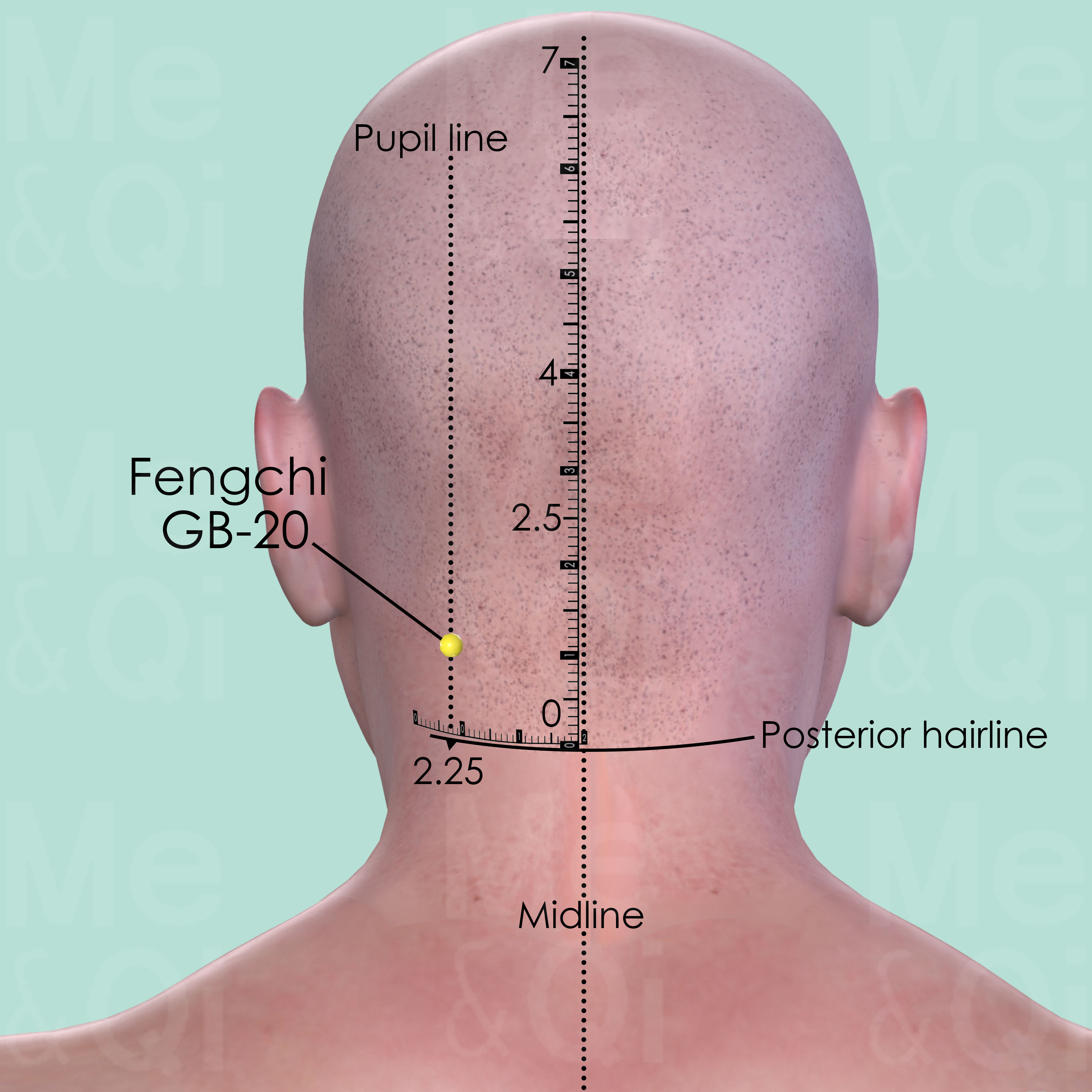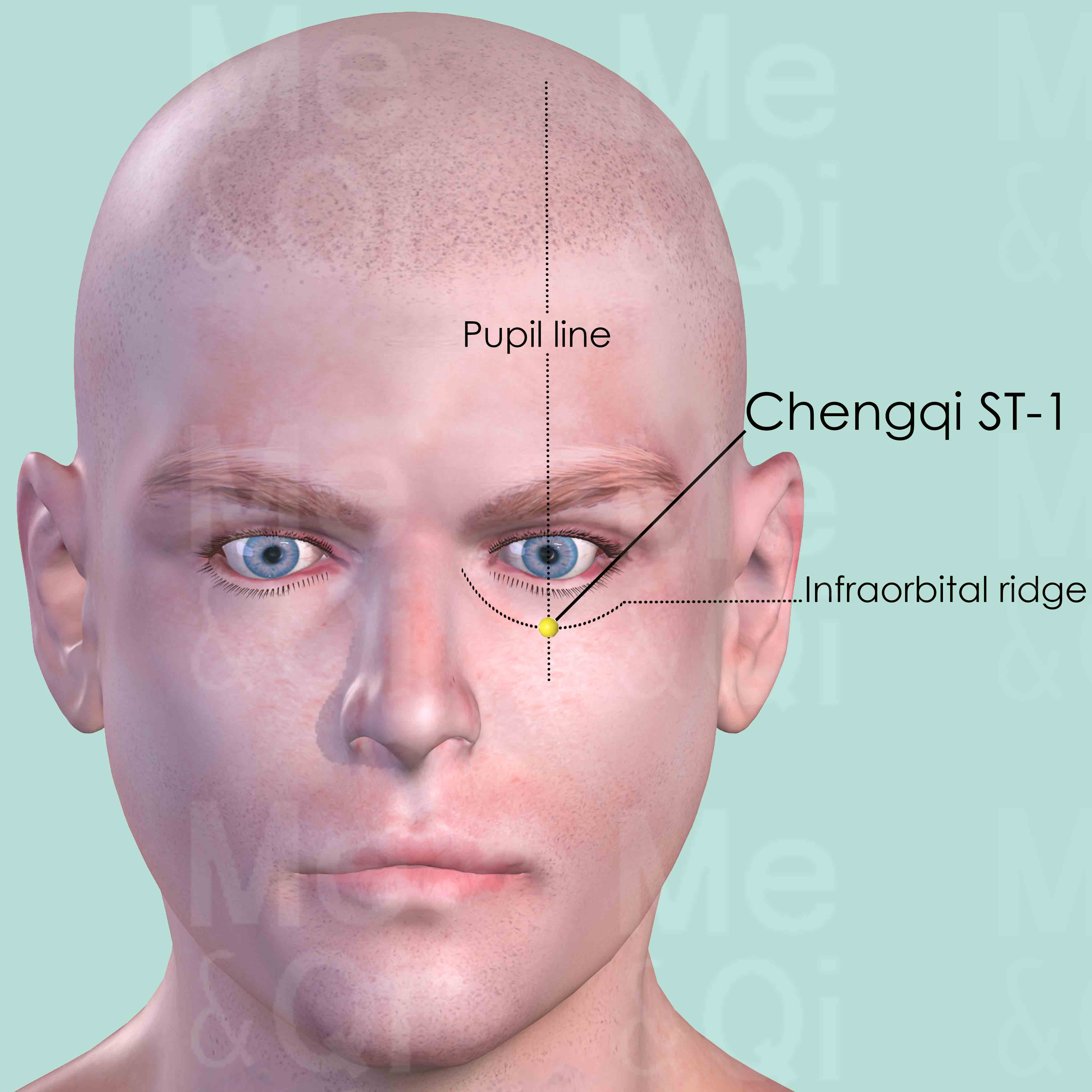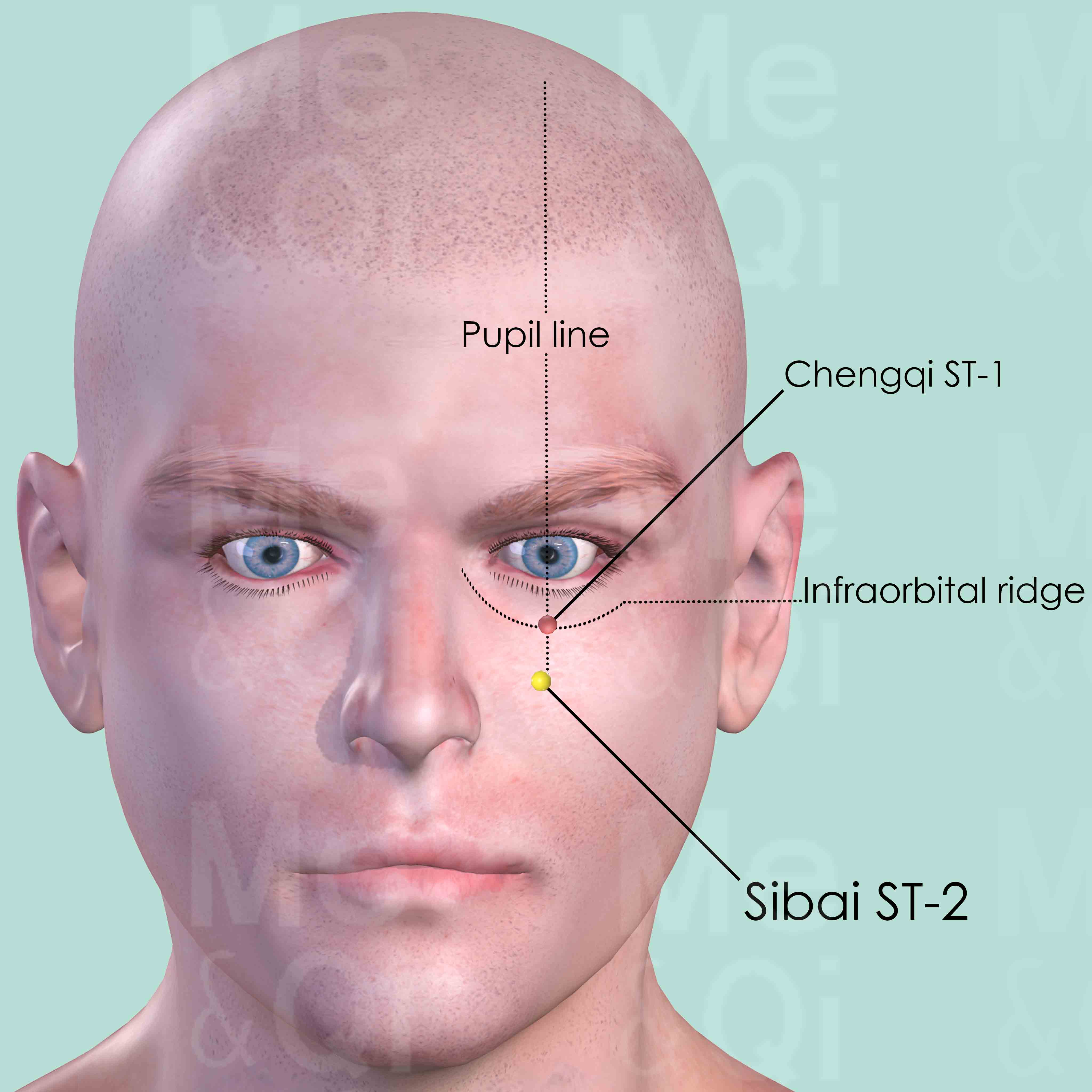Cataractaccording to TCM
Symptom family: Eye Disorders and Symptoms
What is Cataract?
Cataract, a common eye condition, is characterized by the clouding of the lens in the eye, leading to a decrease in vision. It can occur in one or both eyes and often develops slowly. Symptoms may include faded colors, blurry vision, halos around light, trouble with bright lights, and difficulty seeing at night. This condition is most commonly related to aging but can also result from other risk factors.
How does TCM view Cataract?
Traditional Chinese Medicine (TCM) approaches cataract as a symptom of deeper imbalances within the body. Unlike Western medicine that focuses on the localized problem in the eye, TCM considers cataract as a manifestation of a systemic imbalance, particularly involving the Liver and Kidney Channels.
TCM principles suggest that the condition arises due to Deficiencies in vital substances like Qi, Blood, Yin, and Yang, and the presence of pathogenic factors like Dampness and Heat. The TCM approach is holistic, aiming to rebalance these elements to treat the condition.
Causes of Cataract according to TCM
In TCM, cataract formation is often attributed to a couple of key patterns. For example, Kidney and Liver Yin Deficiency, where the essential fluids of the body are depleted, can lead to insufficient nourishment of the eyes, resulting in cataracts.
Additionally, the accumulation of Damp-Heat in the Liver and Gallbladder can also lead to this condition. This pattern is marked by symptoms like red, swollen, and painful eyes, alongside the typical cloudiness associated with cataracts. These underlying causes reflect the TCM belief in the interconnectedness of the body's organs and systems.
TCM Herbal Formulas for Cataract
TCM offers several herbal formulas for treating cataracts, tailored to the underlying patterns. For nourishing Yin and tonifying the body, formulas like Ba Wei Di Huang Wan and Liu Wei Di Huang Wan, which contain Prepared Rehmannia, are used. These formulas are suitable for patterns like Kidney Yang Deficiency and Liver Yin Deficiency.
For calming the Mind and sedating excess Yang, Zhen Zhu Mu Wan and Ci Zhu Wan are recommended. These contain ingredients like Mother Of Pearl and Magnetite, addressing patterns like Liver Yang Rising and Heart and Kidney Yin Deficiency.
Additionally, Shen Qi Wan and Ling Gui Zhu Gan Tang are used for warming Yang and transforming Dampness, suitable for conditions like Damp-Phlegm and Kidney Yang Deficiency.
Explore below some TCM herbal formulas used to address cataract, organized by formula type.
- By Formula Type
- Formulas that nourish yin and tonify
- Formulas that sedate and calm the mind
- Formulas that warm yang and tonify
- Formulas that warm and transform water and dampness
Formulas that nourish Yin and tonify
Cataract can be treated by these formulas when it arises from a deficiency in Yin energy, needing nourishment and strengthening of the body's vital essence.
One such formula is Ba Wei Di Huang Wan, with prepared rehmannia as a key herb.
Other formulas of this category are listed in the table below.
All "formulas that nourish yin and tonify" recommended for cataract
| Formula | Key herbs |
|---|---|
| Ba Wei Di Huang Wan | Prepared Rehmannia (Shu Di huang) |
| Liu Wei Di Huang Wan | Prepared Rehmannia (Shu Di huang) |
| Qi Ju Di Huang Wan | Prepared Rehmannia (Shu Di huang) |
Formulas that sedate and calm the Mind
Cataract can be treated by these formulas when it stems from an agitated or disturbed mental state, requiring calming and mind-stabilizing actions.
One such formula is Zhen Zhu Mu Wan, with mother of pearl as a key herb.
Other formulas of this category are listed in the table below.
All "formulas that sedate and calm the mind" recommended for cataract
| Formula | Key herbs |
|---|---|
| Zhen Zhu Mu Wan | Mother Of Pearl (Zhen Zhu Mu), Dragon Bones (Long Gu) |
| Ci Zhu Wan | Magnetite (Ci Shi) |
Formulas that warm Yang and tonify
Cataract can be treated by these formulas if it stems from a depletion of Yang energy, requiring actions that warm and strengthen Yang.
One such formula is Shen Qi Wan, with prepared aconite as a key herb.
Formulas that warm and transform water and Dampness
Cataract can be treated by these formulas if it is due to cold-dampness obstructing the body's functions, requiring warming and damp-transforming actions.
One such formula is Ling Gui Zhu Gan Tang, with poria-cocos mushroom as a key herb.
Acupoints for Cataract
TCM also utilizes acupuncture for managing cataracts. Key acupoints include Chengqi ST-1 and Sibai ST-2 in the Stomach Channel, effective for clearing Heat and Wind, crucial factors in eye health. In the Gall Bladder Channel, Fengchi GB-20 is used for its benefits on Liver Yang and its nourishing effects on the Marrow and Brain, indirectly supporting eye health.
These acupoints, when stimulated, can help in alleviating the symptoms of cataracts and addressing the root causes as per TCM theory, offering a complementary approach to conventional cataract treatments.
Explore below some acupoints used to address cataract, organized by meridian.
- By Meridian
- Stomach Channel
- Gall Bladder Channel

Fengchi GB-20
In the posterior aspect of the neck, below the occipital bone, in the depression between the upper portion of sternocleidomastoid and trapezius muscle.
TCM Herbs for Cataract
Explore below some TCM herbs used to address cataract, organized by herb category.
- By Herb Category
- Herbs that clear heat and purge fire and/or clear summer heat
- Herbs that anchor and calm the spirit
- Herbs that clear heat and dry dampness
- Tonic herbs for blood deficiency
- Herbs that warm the interior and/or expel cold
- Warm/Acrid herbs that release the exterior
- Herbs that drain dampness
Herbs that clear Heat and purge Fire and/or clear Summer Heat
Cataract can be treated by these herbs when it arises from excessive internal heat or fire, aiding in cooling the body and balancing internal temperature.
One such herb is Buddleia Flowers (Mi Meng Hua), which is directly recommended for cataract.
Other herbs of this category are listed in the table below.
"Herbs that clear Heat and purge Fire and/or clear Summer Heat" recommended for cataract
| Herb | Formulas they belong to (if applicable) |
|---|---|
| Buddleia Flowers (Mi Meng Hua) | Not applicable |
| Bat Feces (Ye Ming Sha) | Not applicable |
| Pipewort Flowers (Gu Jing Cao) | Not applicable |
Herbs that anchor and calm the Spirit
Cataract can be treated by these herbs if it stems from disturbances in the Shen (spirit), often due to instability in the heart and kidney energies.
One such herb is Mother Of Pearl (Zhen Zhu Mu), a key herb in some formulas recommended for cataract, like Zhen Zhu Mu Wan.
Other herbs of this category are listed in the table below.
"Herbs that anchor and calm the Spirit" recommended for cataract
| Herb | Formulas they belong to (if applicable) |
|---|---|
| Mother Of Pearl (Zhen Zhu Mu) | Zhen Zhu Mu Wan |
| Dragon Bones (Long Gu) | Zhen Zhu Mu Wan |
| Magnetite (Ci Shi) | Ci Zhu Wan |
Herbs that clear Heat and dry Dampness
Cataract can be treated by these herbs when caused by excessive dampness and heat within the body, aiming to restore balance by drying dampness and clearing heat.
One such herb is Ash Barks (Qin Pi), which is directly recommended for cataract.
Tonic herbs for Blood Deficiency
Cataract can be treated by these herbs in cases of blood deficiency, working to nourish and replenish the body's blood supply.
One such herb is Prepared Rehmannia (Shu Di huang), a key herb in some formulas recommended for cataract, like Ba Wei Di Huang Wan.
Herbs that warm the Interior and/or expel Cold
Cataract can be treated by these herbs if it is due to internal coldness or deficient Yang energy, working to warm the body and dispel cold.
One such herb is Prepared Aconite (Zhi Fu Zi), a key herb in some formulas recommended for cataract, like Shen Qi Wan.
Warm/Acrid herbs that release the Exterior
Cataract can be treated by these herbs when there is a need to dispel external cold and warm the body, especially in cases where there is insufficient Yang energy internally.
One such herb is Cinnamon Twigs (Gui Zhi), a key herb in some formulas recommended for cataract, like Shen Qi Wan.
Herbs that drain Dampness
Cataract can be treated by these herbs when caused by excessive dampness in the body, aiding in eliminating damp through diuretic action.
One such herb is Poria-Cocos Mushrooms (Fu Ling), a key herb in some formulas recommended for cataract, like Ling Gui Zhu Gan Tang.


